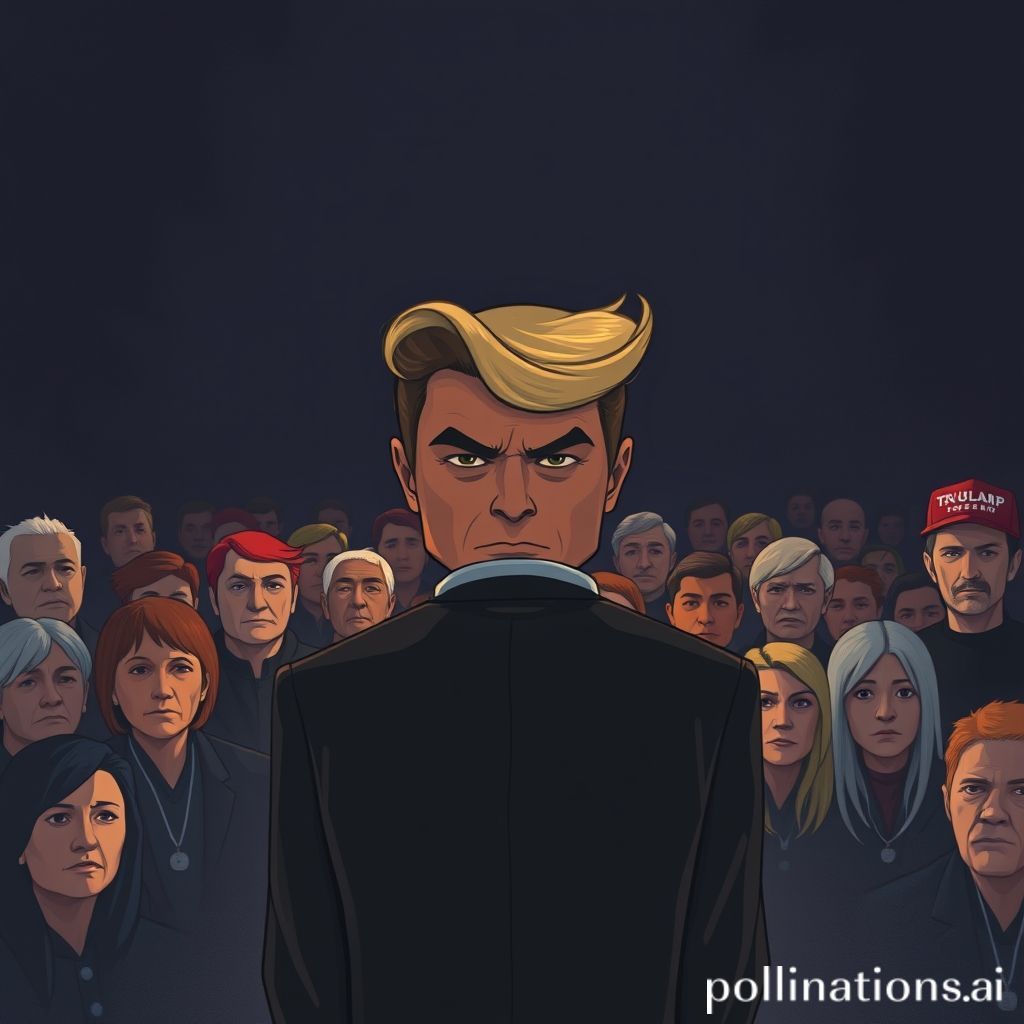
Leaving Trump's side didn't make Elon Musk much more popular
Elon's Detour: Ditching Trump Didn't Guarantee a Popularity Boost
Hey everyone! It feels like just yesterday we were all glued to Twitter (or X, as it's now known) watching the unfolding drama of Elon Musk's acquisition and subsequent shake up of the platform. Among the many eyebrow raising moments, Musk's on again, off again relationship with Donald Trump and his platform presence certainly stood out. While Musk's actions were often framed as an attempt to foster "free speech," did distancing himself from Trump actually improve his own public image? The answer, as with most things in the Elon Musk universe, is a bit more complex than a simple yes or no.
The Trump Tango: A Timeline of Tension
Let's rewind a bit. During Trump's presidency, Musk maintained a somewhat careful dance, engaging where his business interests aligned with the administration (think space exploration and electric vehicle incentives) but publicly disagreeing on issues like climate change and immigration. When Trump was banned from Twitter after the January 6th Capitol riot, Musk initially indicated he would uphold the ban. Later, after acquiring the platform, Musk reversed course, reinstating Trump's account under the banner of free speech absolutism.
This decision sparked immediate controversy. Many users, particularly those who had left the platform due to its perceived toxicity, felt betrayed. They argued that reinstating Trump amplified hate speech and misinformation, directly contradicting Musk's stated goal of making Twitter a safer space.
Popularity: A Shifting Landscape
So, did unshackling Trump from social media exile translate into a hero's welcome for Musk among the broader public? Not really. We have to consider how popularity is measured. Is it through Twitter engagement? General public opinion polls? Brand perception surveys? Each metric tells a slightly different story.
Initially, reinstating Trump likely pleased a segment of the population already sympathetic to Trump's views and critical of what they perceived as censorship by Big Tech. This group probably saw Musk as a champion of free speech, a brave individual fighting against the establishment. However, this enthusiasm was quickly overshadowed by a wave of negative press and user backlash.
Let's break down the impact:
| Aspect | Before Trump's Return | After Trump's Return |
| : | : | : |
| Mainstream Media Coverage | Generally focused on technological innovation and business ventures | Increasingly critical, focusing on controversies and potential for platform manipulation |
| User Sentiment (Twitter) | Mixed, with admiration for innovation alongside criticism of business practices | Significantly more polarized, with strong pro and con camps regarding Musk's leadership and content moderation policies |
| Public Opinion Polls | Fluctuating, but generally trending towards neutral to positive | Noticeable dip in favorability, particularly among younger and more progressive demographics |
| Tesla Brand Perception | Strong association with innovation and sustainability | Some erosion of positive perception due to association with controversy and perceptions of Musk's political leanings |
The Nuances of Public Perception
It's crucial to recognize that Musk's popularity isn't solely tied to the Trump situation. His other ventures, such as Tesla and SpaceX, continue to generate both excitement and criticism. His often unfiltered Twitter presence, including controversial statements and impulsive decisions, also contributes to the complex tapestry of public opinion surrounding him.
Furthermore, the landscape of online discourse is constantly evolving. What was considered acceptable or even edgy a few years ago might now be viewed as harmful or irresponsible. Musk's commitment to "free speech," while laudable in principle, has often clashed with the reality of online harassment, misinformation, and the need for responsible content moderation.
The Business Angle: Advertising Woes
Beyond public opinion, Musk's decision making has had tangible business consequences. Several advertisers paused or reduced their spending on Twitter, citing concerns about brand safety and the potential for their ads to appear alongside hateful or misleading content. This revenue loss further complicated Musk's already challenging task of turning Twitter into a profitable enterprise.
Final Thoughts: A More Complicated Equation
In conclusion, it's clear that distancing himself from or reinstating Trump on Twitter did not magically transform Elon Musk into a universally beloved figure. In fact, it likely amplified existing divisions and contributed to a decline in his overall favorability, particularly among certain demographics.
What this whole saga highlights is the incredibly complex nature of public perception in the digital age. It's not simply about taking a stand on one issue or another, but about navigating a constantly shifting landscape of values, expectations, and consequences. For someone like Elon Musk, who thrives on pushing boundaries and challenging conventional wisdom, this is undoubtedly a fascinating, albeit often turbulent, journey. And for us observers, it's a constant reminder that even the most brilliant minds are not immune to the vagaries of public opinion.
Sources:
Various news articles from reputable sources like The New York Times, The Wall Street Journal, and Reuters covering Elon Musk's acquisition of Twitter, his relationship with Donald Trump, and the impact on public opinion and advertising revenue.
Public opinion polls from organizations like Gallup, Pew Research Center, and YouGov measuring Elon Musk's favorability ratings over time.
Reports from advertising industry publications analyzing the impact of Twitter's content moderation policies on advertiser spending.
Comments
Post a Comment